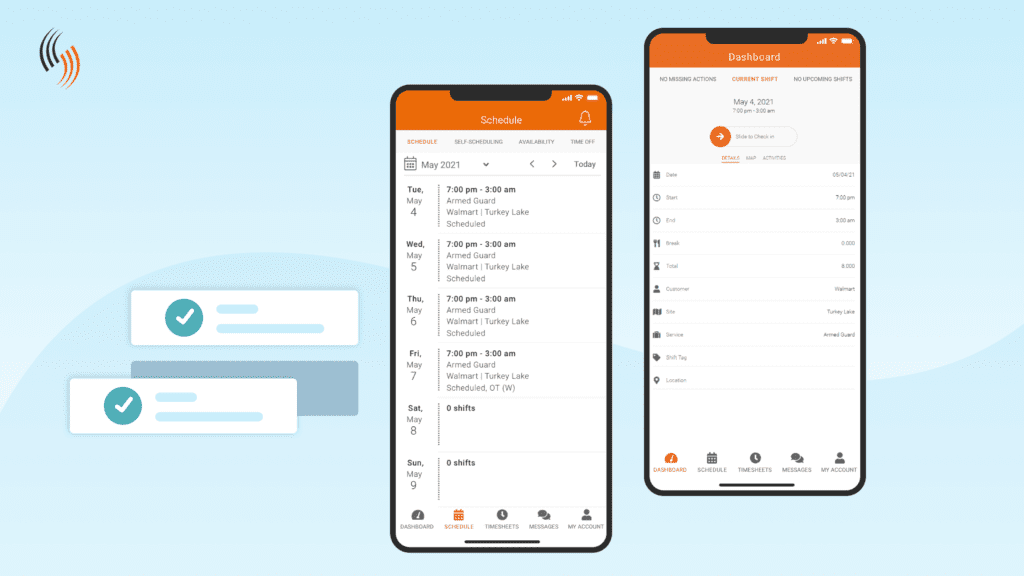Burnt out employees are a serious issue for you and your company. It severely impacts the health of your workers, while also negatively impacting your business. According to Forbes.com employee burnout is at higher levels than ever with 70% of workers claiming they feel burned out and that their employers aren’t doing enough to address the issue.
Do you struggle with knowing how to deal with burnt out employees? This blog post will give you some practical tips on how to help your employees who are experiencing burnout.
What is employee burnout?
Employee burnout is a type of stress linked to a person’s job that causes physical and emotional exhaustion. Burnout can occur when employees have a poor work-life balance and their personal lives suffer due to work overload.
The impact of burnt out employees
For the employee, employee burnout is usually caused by stress. Stress is a normal part of life and we all have to deal with it from time to time. In fact, short-term stress can actually be beneficial in some cases as it allows you to cope with potentially serious situations. However, if an employee’s stress levels stay at an elevated rate it will take a toll on their health. This long-term stress is known as chronic stress and can lead to burnout. Some other effects of burnout on an individual are:

- Irritability
- Insomnia
- Headaches
- Depression
- Anxiety
- Weakened immune system
As mentioned, burnout will also take a toll on your business and your employees’ behavior at work.
- Absenteeism
- Low staff morale
- High staff turnover
- Low engagement levels
- Low productivity levels
Here’s how to help burnt out employees as a manager
1. Look for the signs of burnout
As a manager, it’s your responsibility to keep an eye open for signs of burnt out employees so you take appropriate action. The longer burnout is left undealt with the bigger the consequences will be. You may notice certain signs from your employees such as loss of motivation and enthusiasm for their job. When an employee who is usually happy and engaged with their work starts to show obvious signs of lack of motivation you should have a chat with them to check if everything is ok.

Other signs to look for are when your employees are making more simple mistakes than usual. This means that they aren’t engaged in their work and are messing up on their day-to-day activities because they have too many other things going on.
When your employees start to ring in sick more often or show up late to their shifts and it is out of character, you should take this as a warning sign as well.
2. Make mental and physical health a priority at work
Encourage your team to take care of their physical and mental health. Physical activity, healthy eating and getting sleep will all contribute to healthy habits and improve a person’s overall health in the long run.
You can’t control how employees look after their health at home so you should ensure the workplace makes mental health a priority. Mental health and wellbeing programs are great ways to encourage burnt out employees to take their health seriously. However, these programmes are meaningless if the company doesn’t practise what it preaches. You can’t expect employees to take necessary time off if their workload is too large to allow it. If burnout is commonplace in your company, you may need to work to change workplace habits and identify the root cause of the burnout.
3. Lead by example
As a manager, your team will look to you as an example. If you are taking on more work than you can handle, working longer hours and not taking time off. This will inevitably filter down to the team. As a leader, you need to champion mental health and wellbeing and set a good example. When your burnt out employees see you making mental health a priority they will do the same.
4. Talk to your team
The simplest way of finding out what your team needs to help them to deal with burnout is to ask them. Ensure you are having regular meetings with them where you can discuss their work and see if there are areas where you can help out. If one of your employees is experiencing burnout, have a chat with them and find the root cause of the stress. It may be a too heavy workload, not enough flexibility in their schedule, lack of time off, no support or unrealistic deadlines. When you know the cause of their stress you can start working on ways to improve it. You can offload some of their workloads to other workers to ensure fairness, start providing more flexibility to their schedule, edit upcoming deadlines and encourage them to take their time off.
5. Introduce flexible scheduling

It’s time to ditch the 9-5. Since the pandemic employees are expecting more flexibility from their employers. The 9-5 work schedule simply is not working for the majority of workers anymore. Your company should start shifting to a more flexible schedule which greatly improves an employee’s work-life balance. Remote working options, 4 day work weeks and flexible start and end times are great ways to give burnt out employees more autonomy over their schedule. If your company is a shift-based employer you can introduce features such as self-scheduling where employees select what shifts they want to work. Shift-bidding is another great way to share the responsibility of a schedule between employee and employer. You post your open shifts and employees bid on the ones they want to work. However, you ultimately get to decide who works the shift based on your specific requirements like experience and qualifications.
These are just a few steps you can take to help your employees who are experiencing burnout. The best way to deal with burnout is prevention. Ensure that a health and wellbeing policy is in place and employees are actively encouraged to prioritize it. In this day and age, with our access to resources, there shouldn’t be any reason your employees are dealing with mental and physical stress because of work.





